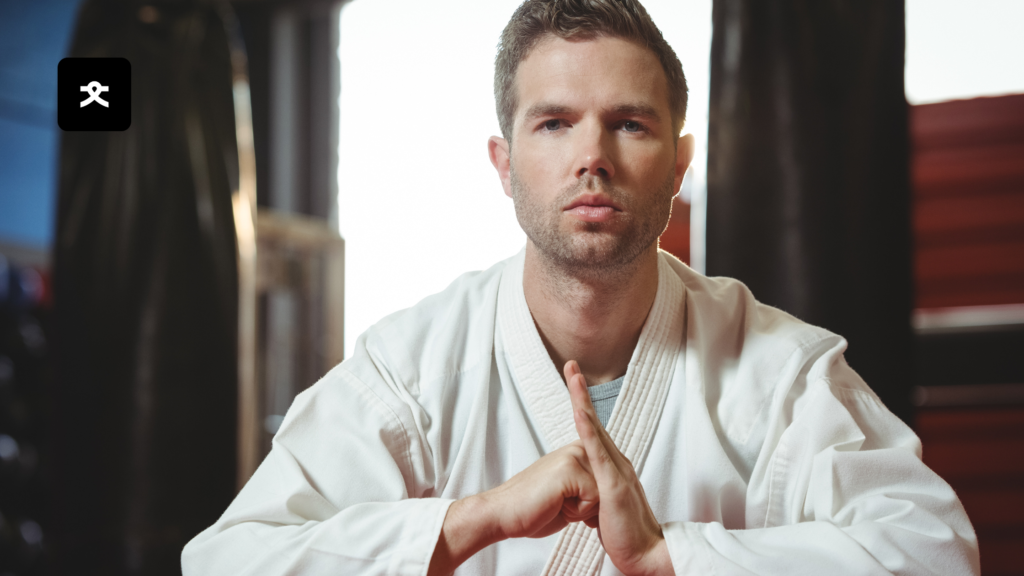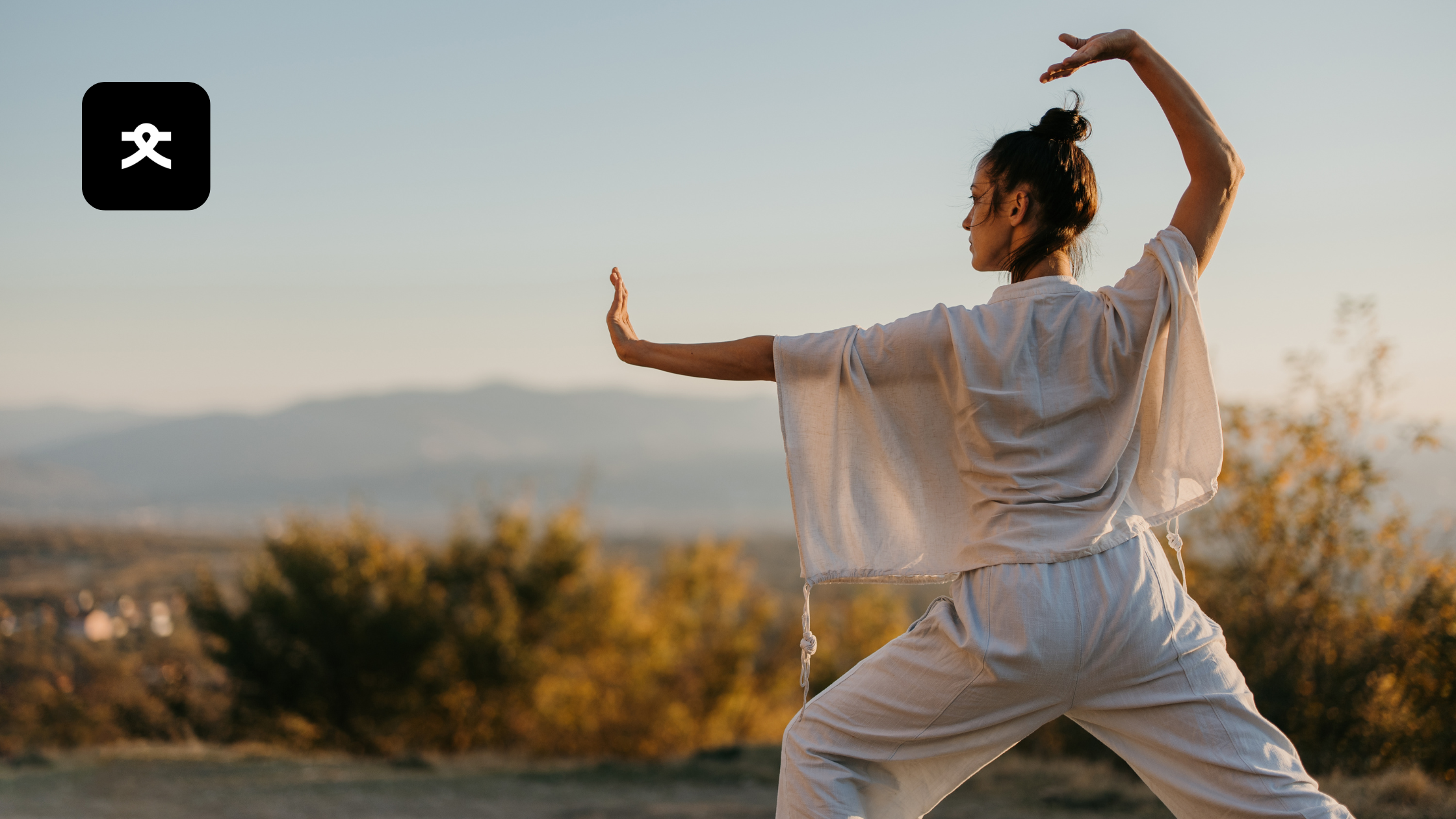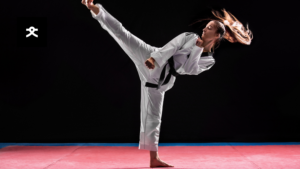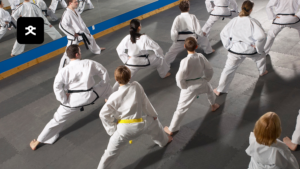Martial arts are often associated with physical prowess, self-defense, and discipline. However, beyond the obvious physical benefits, training in martial arts can profoundly impact mental health, offering a holistic approach to well-being. From reducing stress to building self-confidence, here are the key mental health benefits of incorporating martial arts into your life.
- Stress Reduction: In today’s fast-paced world, stress has become a common part of daily life. Martial arts provide a healthy outlet for this stress. The physical activity involved in martial arts training helps to release endorphins, the body’s natural stress relievers. This chemical release can result in a feeling of calm and relaxation, reducing overall stress levels. Moreover, the repetitive and focused nature of martial arts techniques encourages mindfulness, helping practitioners stay in the moment and manage anxiety.
- Boosting Self-Confidence: Training in martial arts is a journey of continuous improvement and personal achievement. As practitioners learn new techniques and progress through the ranks, they gain a sense of accomplishment. This progress builds self-confidence, as individuals see tangible proof of their hard work and dedication. Additionally, martial arts teach practical self-defense skills, which can enhance one’s sense of security and confidence in everyday life.
- Enhancing Focus and Concentration: Martial arts require intense focus and concentration. Whether it’s learning a new form, perfecting a technique, or sparring with a partner, practitioners must stay mentally present. This practice of sustained attention can translate into improved focus and concentration in other areas of life, such as work or studies. By training the mind to focus, martial arts can help improve cognitive function and mental clarity.
- Developing Discipline and Self-Control: One of the core tenets of martial arts is discipline. Regular training requires commitment, consistency, and the ability to push through challenges. This discipline extends beyond the dojo, helping individuals develop better self-control and perseverance in their daily lives. Practitioners learn to set goals, work towards them systematically, and maintain a disciplined approach to their endeavors.
- Emotional Regulation: Martial arts training teaches individuals to manage their emotions, particularly under pressure. Whether it’s controlling frustration during a challenging drill or maintaining composure during a sparring match, martial arts emphasize emotional regulation. This skill is invaluable in real-life situations, helping individuals handle stress, anger, and anxiety more effectively. Over time, practitioners develop a calm and balanced demeanor, better equipped to face life’s ups and downs.
- Building Social Connections: Martial arts classes provide a sense of community. Training alongside others fosters camaraderie and mutual respect. These social interactions can reduce feelings of loneliness and isolation, contributing to better mental health. Additionally, the supportive environment in martial arts schools encourages positive social behavior and the formation of meaningful relationships.
- Mindfulness and Meditation: Many martial arts incorporate elements of mindfulness and meditation. Practices such as Tai Chi and Qigong emphasize the mind-body connection and encourage a meditative state. These practices can reduce anxiety, improve emotional regulation, and enhance overall mental clarity. By focusing on breath control and deliberate movements, practitioners achieve a state of mindfulness that promotes mental peace and relaxation.
- Resilience and Perseverance: The journey of learning martial arts is filled with challenges and setbacks. Practitioners learn to cope with these obstacles, developing resilience and perseverance. This mental toughness is not only beneficial in martial arts but also in facing life’s challenges. Individuals learn that persistence and hard work are key to overcoming difficulties, fostering a growth mindset.
Martial arts offer a unique and comprehensive approach to mental health. The combination of physical activity, discipline, focus, and mindfulness creates a powerful tool for enhancing mental well-being.
Whether you are looking to reduce stress, build confidence, or improve emotional regulation, martial arts provide a pathway to a healthier mind and a more balanced life. By embracing the mental health benefits of martial arts, you can achieve a harmonious state of mind, body, and spirit.

The Martial Profile feature to help with your mental health
In addition to registering your sessions, experiencing the simulations and competing to stay on the leaderboard, Martial Profile offers you a feature that can help you even more with your mental health: The Journal.
In addition to recording what you have learned and what you want to learn in your next training, here you can freely and safely express and save your thoughts about everything.
Did your Sensei or teacher tell you some type of motivational speech that you want to keep for yourself? Take this space to write it down and maybe save a photo of that moment.







Leave a Reply